Campaigners for E10 petrol have published a report showing that local authorities nationwide are continuing to opt for diesel and petrol vehicles, even though some are penalising private motorists for making the same choices.
The report, commissioned by industry members of the All Party Parliamentary Group for British Bioethanol, shows that 90% of cars currently operated by local authorities are fossil-fuel based, including a 71% of diesels, and a further 3% of fossil-electric hybrids, while only 5% are electric.
Highlighting the fossil fuel emissions, the report states: “Among those local authorities with the worst air quality according to the Government’s own parameters on particulate matter, not a single council bought, rented or placed an order for an electric vehicle in the last year.
“Ninety three per cent of cars bought in the last year, and 100% of those on order were either petrol, diesel or fossil-electric hybrids. This is despite many of those authorities, including all 32 London boroughs, having significantly better access to charging points than the rest of the country. This approach is in marked contrast to proposals put forward by many of these same authorities to punitively force motorists out of fossil fuelled cars and into electric vehicles.”
Campaigners for E10 petrol said the report shows the importance of decarbonising fossil fuels while waiting for the popularity and reliability of electric vehicles to increase.
Richard Royal, head of government affairs and communications at Vivergo Fuels, the UK’s largest bioethanol plant, said: “There’s no silver bullet when it comes to tackling transport emissions, we need a range of solutions which address the short, medium and long term, and confronts air pollution and climate change jointly. For too long Government’s only answer to transport emissions is to point to electric vehicles, but this study and overall sales figures show a chasm between the political dreams and the grass-roots reality.
“E10 has consistently been shown to be one of the quickest, easiest and most cost-effective methods to lower greenhouse gas emissions and other air pollutants immediately. This could be making a real difference to transport emissions right now, but we have been plagued by political indecision and its time the Government looked at figures like these and realised the need to act.”
Nic Dakin MP, chair of the All Party Parliamentary Group for British Bioethanol, which commissioned the study from bioeconomy consultants National Non-Food Crop Centre (NNFCC), said: “These figures do call into question the Government’s commitment to cutting transport emissions. Local authorities need support from Government to make the changes necessary to protect public health and tackle the serious threat of climate change. If this Government isn’t serious about reducing CO2, why should they expect the average motorist to be?
“It is clear that despite all the efforts made to incentivise electric vehicles, fossil-fuelled vehicles will remain on our roads for decades to come and we need to be thinking about how to decarbonise and lower their emissions during that time.”


























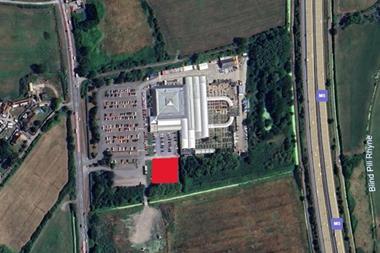


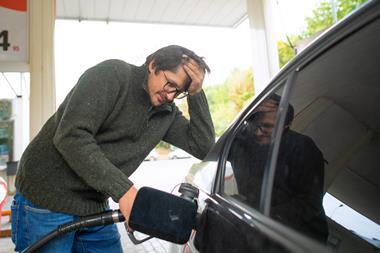
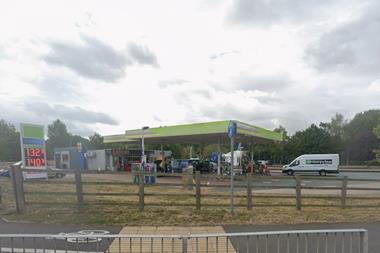
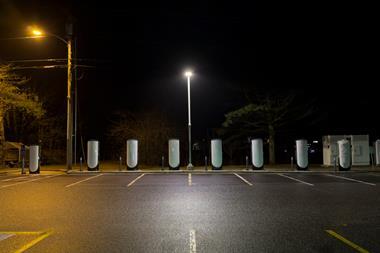
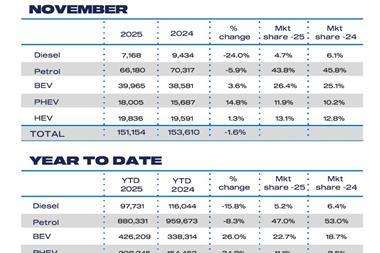
No comments yet